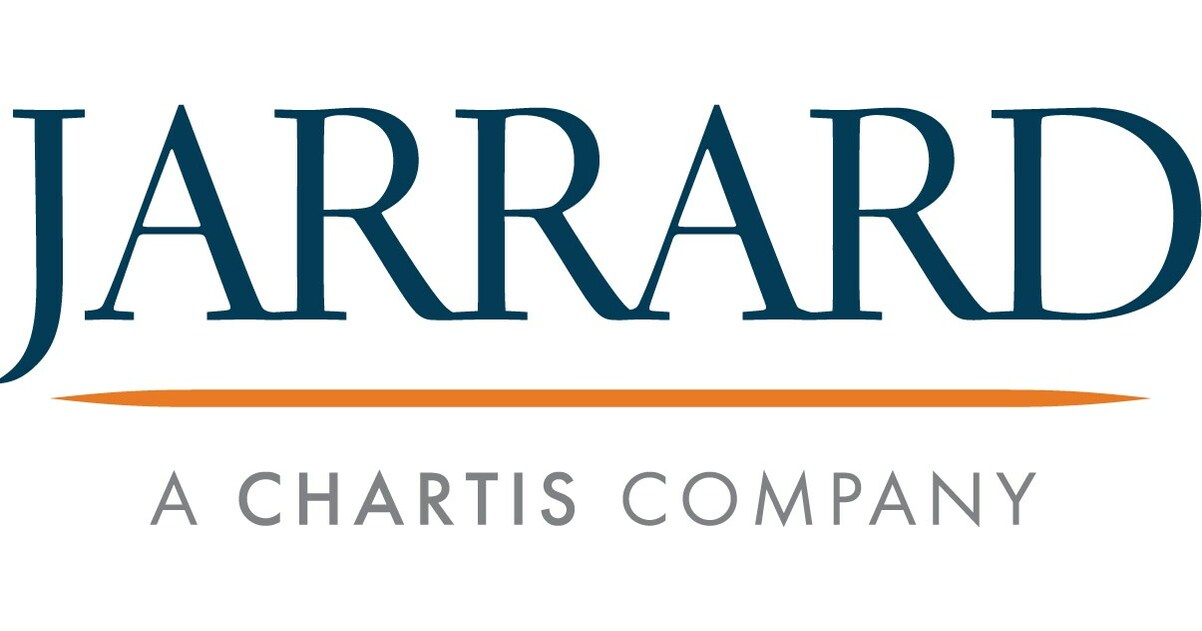New data shows trust gap wider among female physicians and those working in not-for-profit healthcare organizations.
BRENTWOOD, Tenn., and CHICAGO, June 14, 2023 /PRNewswire/ — Barely half of physicians trust that their organization’s leaders are honest, transparent and making good decisions for patients and the organization, according to a new survey from national healthcare strategic communications consultancy Jarrard Inc.
The growing physician shortage and increasing burnout are well documented. The Jarrard research digs deeper to uncover how physicians feel about the leadership teams making the operational and financial decisions that affect the clinical workforce – decisions that either address or contribute to burnout.
“Healthcare leaders, like clinicians and staff, are mission-oriented individuals committed to caring for their communities and supporting caregivers,” said Jarrard Inc. President and Co-Founder Anne Hancock Toomey. “Leaders are navigating myriad hard choices to chart a path forward for their organization. The challenges of that necessary work can keep well-intentioned leaders from fully engaging physicians – and others – seeking to understand those decisions and how they affect everyone involved. That lack of relationship leads to mistrust and perceptions that leaders are withholding information.”
The survey asked:
- Do physicians trust that their leadership teams are making good decisions for patients and the organization?
- Who do physicians trust most within their organization?
- How much loyalty do physicians feel towards their team and their organization?
- What do physicians want to see from leadership teams to build trust?
The findings fall into three themes and demonstrate a marked gap between physicians and healthcare executives, which leaves provider organizations vulnerable to physicians leaving due to ongoing burnout or pursuit of a work environment where they feel more engaged.
The Trust Gap
Only 36 percent of physicians at not-for-profit organizations agree that their leaders are honest and transparent. Across all types of organizations, nearly half of physicians trust their physician peers the most. CEOs, CMOs, department heads and other leaders lag far behind. At not-for-profit organizations, physicians are 18 points more likely than those at investor-owned providers to say they trust their peers the most (40 percent vs. 58 percent), but only one third as likely to say they trust their CEO the most (6 percent vs 18 percent).
These findings reinforce the importance of encouraging and creating space for physicians to cultivate relationships with their teams and their organization’s leadership. Stronger relationships within teams can increase satisfaction and pride, which in turn can reduce turnover and improve the patient experience.
The Engagement Gap
Barely six in ten physicians agree that their organization’s leaders are doing a good job supporting them. Fully one third of physicians referenced “transparency” when asked what would help increase their trust in their organization’s leaders. They also said engagement efforts – including “more authentic two-way communication” with leadership and an environment conducive to building relationships with colleagues – are as important as operational considerations, such as easier access to needed supplies, medication and patient data.
The Gender Gap
Trust in leadership is markedly lower among female physicians. Only 42 percent of those surveyed say they have a lot or a great deal of trust that their leaders are honest and transparent, compared to 55 percent of male peers. Consistent with this, male physicians are three times more likely to cite their CEO as the most trusted person in their organization, while female physicians are 13 points more likely to point to physician peers. Barely half of female physicians agree that their leaders are doing a good job supporting them.
“Efforts to support and advance female physicians and other underrepresented groups are critical to fulfilling the mission of providing equitable care,” Toomey said. “This also pays dividends in patient care, as many are seeking a female physician.”
Stabilizing and strengthening the healthcare workforce has been a priority of provider organizations for decades.
“Critically,” Toomey said, “physicians we surveyed expressed an overwhelming desire for more transparency from leaders about issues within hospitals and health systems that affect their work.”
About Jarrard Inc.
With offices in the healthcare hubs of Nashville and Chicago, Jarrard Inc. is a specialized healthcare consulting firm devoted to helping leaders during high-stakes moments of change, challenge and opportunity. The firm uses the power of communications, marketing and political strategy to help clients achieve their most important goals. Jarrard Inc.’s mission is to make healthcare better through its work. Founded in 2006, the firm has worked with more than 1,000 clients in 45+ states and served as a communications advisor on more than $75 billion in announced M&A and partnership transaction communications. The firm focuses on change management, issues and advocacy, and strategic positioning. Jarrard Inc. is a division of Chartis, one of the nation’s leading healthcare advisory firms.
For more information, visit jarrardinc.com or follow on LinkedIn.
Full survey results can be found here.
SOURCE Jarrard Inc.


